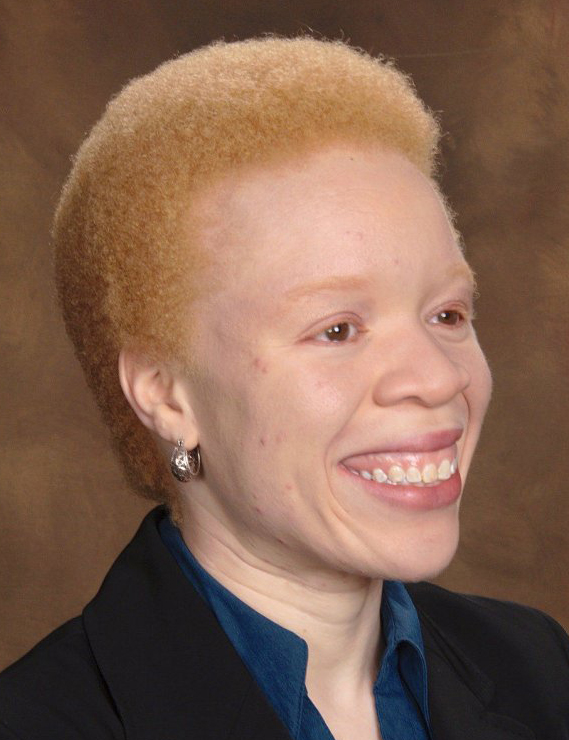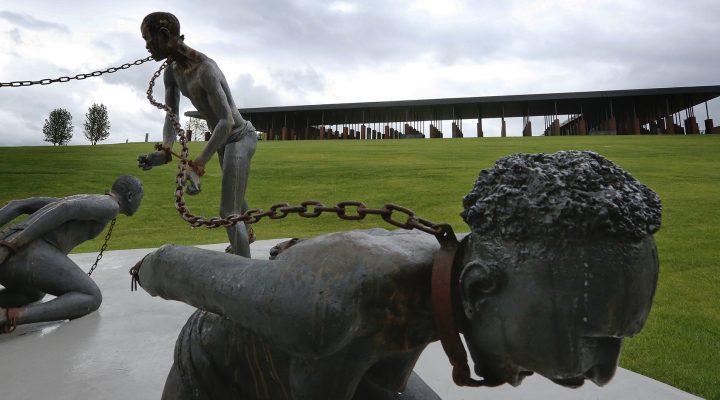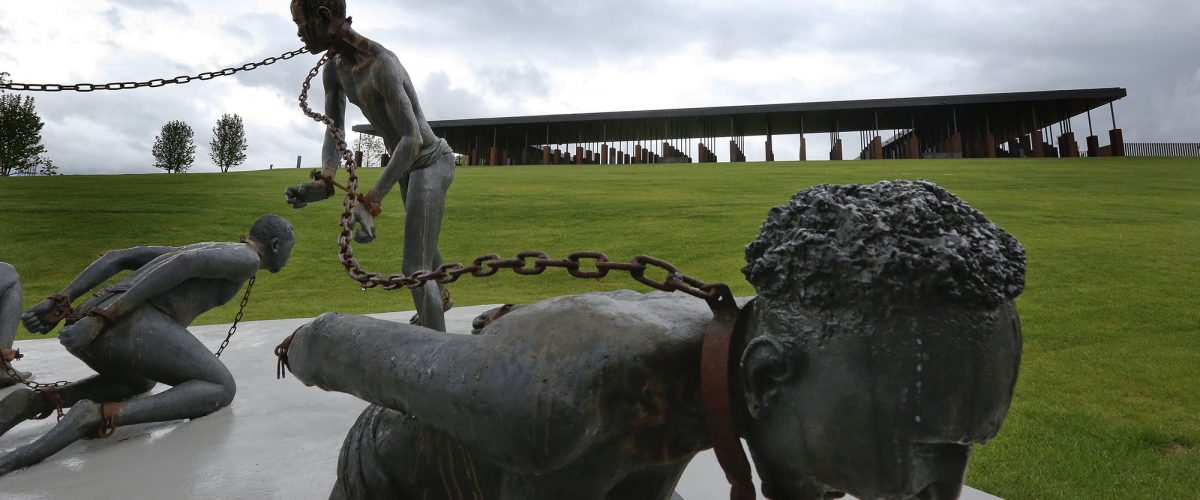Capital punishment in the United States continues a system of lynchings used to terrorize and subjugate Black people in the 19th and early 20th centuries, a panel of death penalty abolitionists said during a recent webinar.
“The mistake people sometimes make is to think about lynching and racial violence as ancient history,” said Ngozi Ndulue, special adviser on race and wrongful conviction for the Innocence Project. She spoke during the virtual panel discussion hosted by the Noose to Needle Project.

Ngozi Ndulue
“The idea of the death penalty being applied differently based on race goes all the way back to Colonial America, when different crimes would have different punishments whether a person was enslaved or free, based on their race,” Ndulue said. And this differential treatment didn’t stop after the Civil War or when the 14th Amendment was passed, supposedly enforcing this guarantee of equal justice under the law.”
Ndulue and other panelists said capital punishment was an early attempt to stop lynchings, which still occur in extra-judicial police violence against African Americans.
“The events that are happening in our modern day should remind folks that this is not about history, this is about now,” she said. “We can’t talk about the death penalty without talking about why we have had it in the past, how it has been used and continues to be used to enforce racial hierarchies.”
Ndulue added that similarities between modern-day capital punishment and the racist mob violence of previous centuries is evident in the preponderance of Black people who are accused, convicted, sentenced to death and sometimes exonerated.
“We cannot lose sight of the ways innocent people, being convicted of crimes they did not commit, goes hand in hand with the way racial bias is playing out in our society.”

Furonda Brasfield
It’s hardly accidental that lynchings in America decreased as capital punishment increased, said webinar moderator Furonda Brasfield, an attorney and advocate with the anti-death penalty Eighth Amendment Project and leader of its Noose to Needles Project.
In fact, the early argument for state-sanctioned executions was to prevent white citizens from hanging Black Americans, she said. “After slavery, many municipalities responded to the increased number of lynchings by promising to use the death penalty as a more sanitized way to kill. In Virginia, for instance, accused Black men were tried, convicted and executed all in a few hours.”
Now, as then, the practice is used mostly against Black Americans, Brasfield said. “We all know the death penalty is racist. Every fact, figure and statistic points to that reality. The death penalty is also a direct descendant of slavery, racial terror and lynchings that have been perpetrated against African Americans since our arrival in the United States of America.”
Claims that capital punishment is fairly administered mirror the white supremist lies that have historically rationalized, denied and overlooked the torture and killing of Black people, she said.
“The death penalty is the pinnacle of a sentiment in America. This sentiment is well expressed through the frequency of wrong convictions, extrajudicial police killings, and the other disparate criminal legal outcomes plaguing communities of color. And that sentiment is this: Black and brown bodies are dispensable.”

Cece Jones-Davis
Activist, author and speaker Cece Jones-Davis said the death penalty is a demonstration of the great lengths to which authorities will go to dehumanize people of color.
“We have a blood thirst problem in this country. There’s something wrong with the soul of this place anytime we demand the blood of innocent people, and I would say of any people,” said Jones-Davis, leader of the Justice for Julius Campaign in Oklahoma.
In 2018, Jones-Davis launched a grassroots campaign to exonerate Julius Jones of a 1999 homicide for which he had been falsely charged. “His execution was stopped four hours before its scheduled time on Nov. 18, 2021,” she explained.
It should not have been such a close call given that another suspect had confessed to the crime, that Jones did not match the description of the killer, that no Blacks were on his jury and that one juror made racist, threatening comments about him during the trial without being dismissed, Jones said.
A further injustice occurred when Oklahoma Gov. Kevin Stitt commuted Jones’ death sentence to life in prison without the possibility of parole.
“What Julius’ story really emphasizes is the extent to which the state will go to not own up to its wrong. The state will literally sacrifice a Black man just so they don’t have to admit to their wrong,” Jones-Davis said. “It really adds up to say that a Black man’s life really isn’t all that valuable in this world.”
Related articles:
Her ‘Damascus Road’ led to campaign against the death penalty
How I came to oppose the death penalty | Opinion by Stephen Reeves
Panel of faith leaders will raise awareness of death penalty injustice


